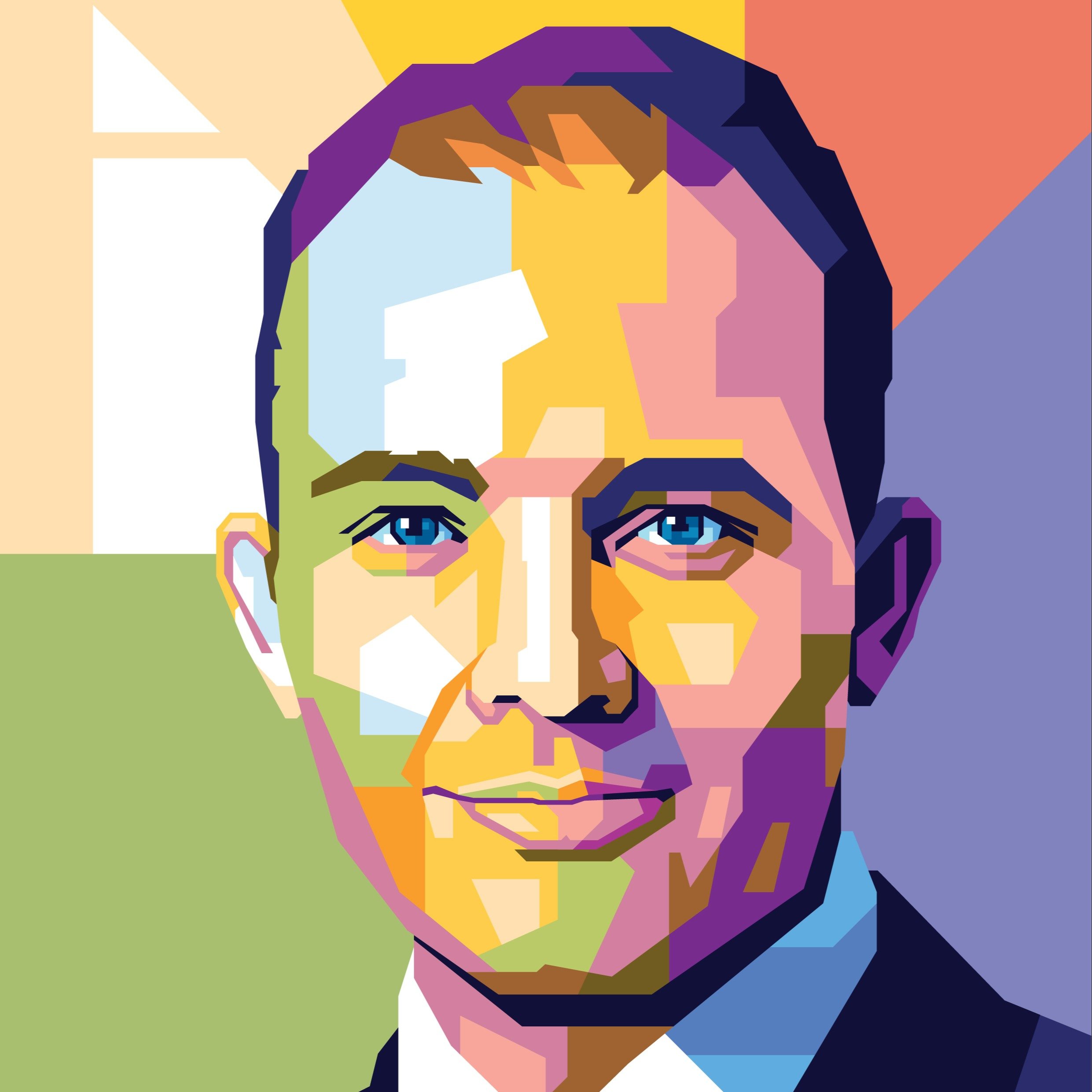Podcasts have emerged as a dynamic tool for fostering relationships and building powerful brands.
With their intimate and conversational nature, podcasts offer a unique platform that transcends traditional marketing strategies. But podcasts can also have a bad rap. According to Amplifi Media, 47% of podcasts have fewer than three episodes; you can understand why.
A successful wealth management podcast takes time and effort to plan content, commit to a consistent schedule and engage with guests and the audience. Most podcasters give up quickly because they don’t see immediate traction. But when they give up, they lose out on the most important benefit of podcasting – networking.
For our WealthTech on Deck podcast, we committed from the beginning to a content-based networking strategy. The opportunities we’ve unlocked have proven the success of this strategy over and over again.
This article will outline how to grow your business by using a podcast strategy centered around content-based networking, the process of using content production (podcasting in this case) to build relationships with a specific, highly curated audience.
Let’s dive in.
Defining your podcast strategy
When defining your strategy, starting with your original goal is essential. Most often, people think of podcasts as an “awareness” channel. It’s a way to record your thoughts and put them on the market because “everyone should hear how great we are.”
My best piece of advice: Fight the urge to do this.
While podcasts are a great way to develop an audience, the best way to build one is by focusing purely on your guest rather than what you think your intended audience wants to hear.
Start by describing the audience you want to listen to the podcast. Once you define your target audience, put together a list of guests that fit your ideal client profile.
Note: Your guests are your audience, and your audience is your guests.
When they join you on the show, ask them about their backgrounds and what they’re most excited about. Ask them about their vision for the future because, as a guest, they should be experts in solving your ideal client's daily problems.
What happens when you execute thoughtfully
While recording your episode, focusing on the guest instead of the audience creates three important benefits for you as the host:
- The guest shares things they probably wouldn’t discuss on a routine call.
- You better understand your guests and audience and learn what they care about.
- The door opens for a soft pitch after you finish recording because you’ve demonstrated that you care about what they have to say.
Remember: The guest you have on the show should always be a member of your intended audience. Be intentional with whom you invite and focus on securing guests you want to network with for business development opportunities.
When you do this, it resonates deeply in the show's content. Creating a relatable episode is much easier when your guest matches the intended audience profile.
How to stand out from the crowd
On the execution side, standing out from the crowd of 5 million podcasts takes commitment, discipline, focus and process.
Commitment: Create a publishing schedule for the long term, then stick to it. Be realistic about what you can commit to with the resources you have.
Discipline: Stay committed to your podcast and follow a similar outline for each episode. Resist the urge to skip an episode. Consistency is key to success.
Focus: Network with your guests and learn more about them, what they’re trying to accomplish, and what they’re worried about. This will make you more effective when you finally pitch them.
Process: Define your process from reaching out to potential guests through scheduling, recording, release, and promotion. Establishing a process (and constantly improving it) ensures you’re showing up professionally each time.
Bring your best self to each episode recording
You can hear it in podcasters’ voices when they focus on themselves rather than their guests. Listeners will drop. The guest will see right through it. No one likes a fake. Executing a successful podcast strategy takes active listening, empathy, and self-control.
Active listening: Ask open-ended questions, and ensure you’re listening to what your guest says. Listen deeply enough to ask clarifying questions and follow up when they say something interesting. But most importantly, listen for what your guest is trying to accomplish in their job or life. This information will help you pivot into an “ask” when you stop recording the episode and debrief (the reason you started this podcast in the first place).
Empathy: Care about your guests and what they’re trying to accomplish. If you’re disingenuous, it’s clear, and any “ask” you make at the end is significantly less powerful.
Self-control: Harness the urge to preach your message. Repeat: It’s all about the guest.
Building a community through podcasting
If you take the advice above and run with it, you can podcast to create the foundation for an engaged community. You will be viewed as an expert in your field and vertical by
shining the spotlight on your guests, keeping your guest profile consistent and committing to producing the show for the long term.
When these pieces come together, you create a unique platform that your intended audience will use to look for answers to problems they’re trying to solve. Your show becomes the “water cooler” for your vertical. And that is the leading indicator of whether you’ve successfully employed this podcast strategy.
So, what are you waiting for? Plug in your mic, pull in your ideal guest and press record. Your future business will thank you.
Matthew Nollman is vice president of marketing for LifeYield and the producer of the WealthTech on Deck podcast. He started the podcast with host Jack Sharry in 2021 to connect with wealth technology leaders and builders while in-person meetings and conferences remained on hold due to the COVID-19 pandemic. More than two years later, they’ve produced over 125 episodes with 12,500+ listeners and 29,000+ downloads.
This blog is sponsored by AdvisorEngine Inc. The information, data and opinions in this commentary are as of the publication date, unless otherwise noted, and subject to change. This material is provided for informational purposes only and should not be considered a recommendation to use AdvisorEngine or deemed to be a specific offer to sell or provide, or a specific invitation to apply for, any financial product, instrument or service that may be mentioned. Information does not constitute a recommendation of any investment strategy, is not intended as investment advice and does not take into account all the circumstances of each investor. Opinions and forecasts discussed are those of the author, do not necessarily reflect the views of AdvisorEngine and are subject to change without notice. AdvisorEngine makes no representations as to the accuracy, completeness and validity of any statements made and will not be liable for any errors, omissions or representations. As a technology company, AdvisorEngine provides access to award-winning tools and will be compensated for providing such access. AdvisorEngine does not provide broker-dealer, custodian, investment advice or related investment services.






.png)


